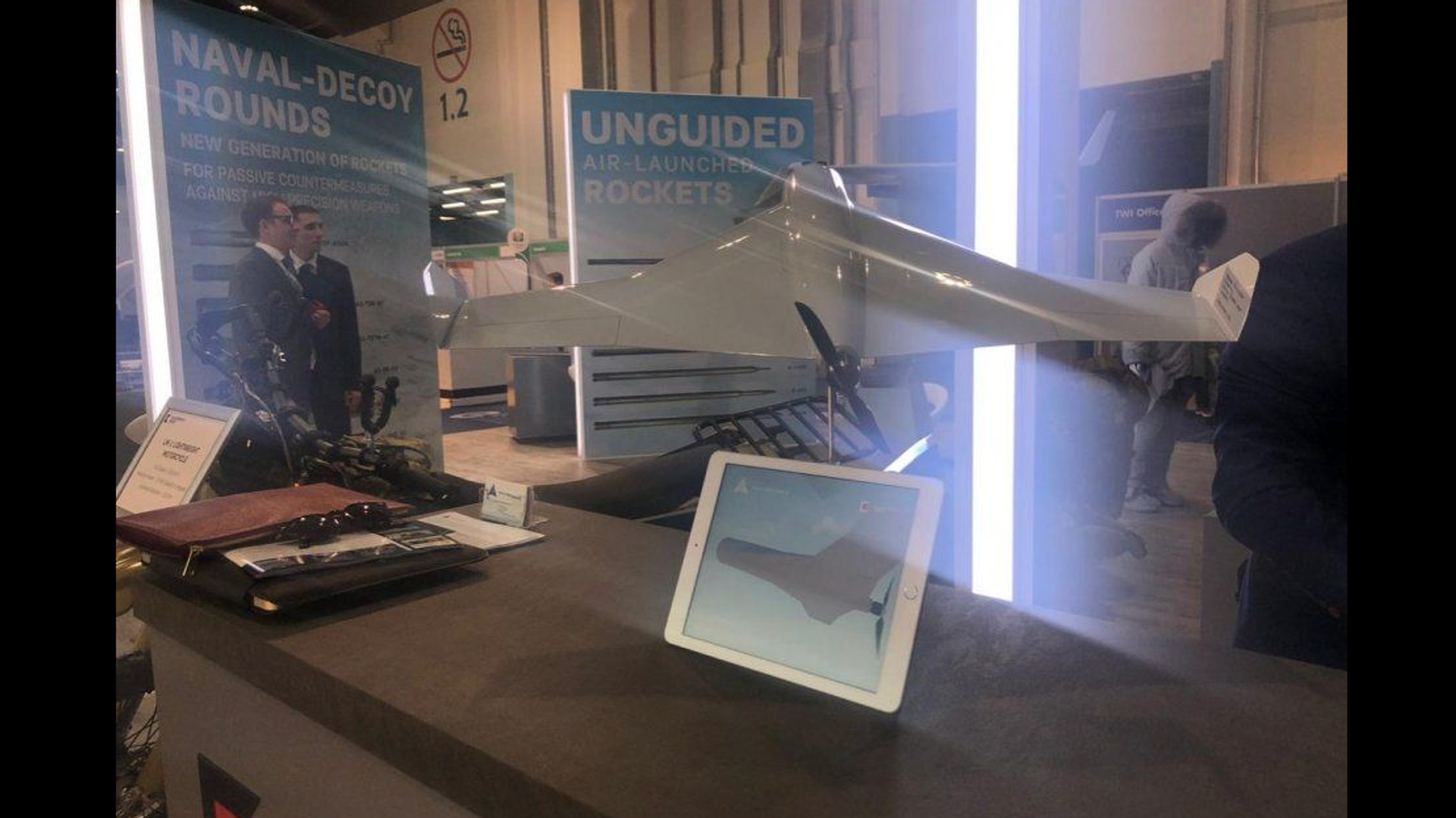https://en.sputniknews.africa/20230518/1059337329.html
Watch Russian Kamikaze Drone Zap Ukrainian Howitzer Into Oblivion
Watch Russian Kamikaze Drone Zap Ukrainian Howitzer Into Oblivion
Sputnik Africa
The Russian Armed Forces ferreted out a Ukrainian self-propelled artillery system 2S1 Gvozdika and destroyed it with a high-precision munition.
2023-05-18T17:25+0200
2023-05-18T17:25+0200
2023-05-18T17:25+0200
russia's special operation in ukraine
russian armed forces
russia
ukraine
artillery
unmanned aerial vehicle (uav)
drones
https://cdn1.img.sputniknews.africa/img/07e7/05/12/1059337519_58:0:1166:623_1920x0_80_0_0_d191eb3f7d53e6bca39d560a4ea311c1.png
The Russian Armed Forces ferreted out a Ukrainian self-propelled artillery system 2S1 Gvozdika and destroyed it with a high-precision munition.A loitering munition, commonly referred to as a kamikaze drone or a suicide drone, is more than just a projectile, but not quite a regular UAV. This weapon by definition can loiter, or passively wait in a target area, looking for its prey and attack when the target is pinpointed.Such munitions make it possible to carry out a powerful surprise attack, and moreover, kamikaze drones are capable of selective targeting – meaning that the attack can be aborted or re-directed during flight.Technically speaking, loitering munitions fill in the niche between cruise missiles and military UAVs. The ability to lie in wait for a target is what makes them superior to cruise missiles. Nevertheless, they are called suicide drones for a reason – they have a built-in warhead, and they don't survive an attack. However, they are much cheaper than regular combat UAVs.
russia
ukraine
Sputnik Africa
feedback@sputniknews.com
+74956456601
MIA „Rossiya Segodnya“
2023
Sputnik Africa
feedback@sputniknews.com
+74956456601
MIA „Rossiya Segodnya“
News
en_EN
Sputnik Africa
feedback@sputniknews.com
+74956456601
MIA „Rossiya Segodnya“
Sputnik Africa
feedback@sputniknews.com
+74956456601
MIA „Rossiya Segodnya“
russia special military operation, ukrainian crisis, russian armed forces, self-propelled artillery system, 2s1 gvozdika, high-precision munition, loitering munition, kamikaze drone, suicide drone, target area, carry out, surprise attack, selective targeting, unmanned aerial vehicle
russia special military operation, ukrainian crisis, russian armed forces, self-propelled artillery system, 2s1 gvozdika, high-precision munition, loitering munition, kamikaze drone, suicide drone, target area, carry out, surprise attack, selective targeting, unmanned aerial vehicle
Watch Russian Kamikaze Drone Zap Ukrainian Howitzer Into Oblivion
Loitering munitions, often called kamikaze drones in the media, are sort of intelligent projectiles capable of high-precision, surgical strikes.
The Russian Armed Forces ferreted out a Ukrainian self-propelled artillery system 2S1 Gvozdika and destroyed it with a high-precision munition.
A loitering munition, commonly referred to as a kamikaze drone or a suicide drone, is more than just a projectile, but not quite a regular UAV. This weapon by definition can loiter, or passively wait in a target area, looking for its prey and attack when the target is pinpointed.
Such munitions make it possible to
carry out a powerful surprise attack, and moreover, kamikaze drones are capable of selective targeting – meaning that the attack can be aborted or re-directed during flight.
Technically speaking, loitering munitions fill in the niche between cruise missiles and military UAVs. The ability to lie in wait for a target is what makes them superior to cruise missiles. Nevertheless, they are called suicide drones for a reason – they have a built-in warhead, and they don't survive an attack. However, they are much cheaper than regular combat UAVs.


